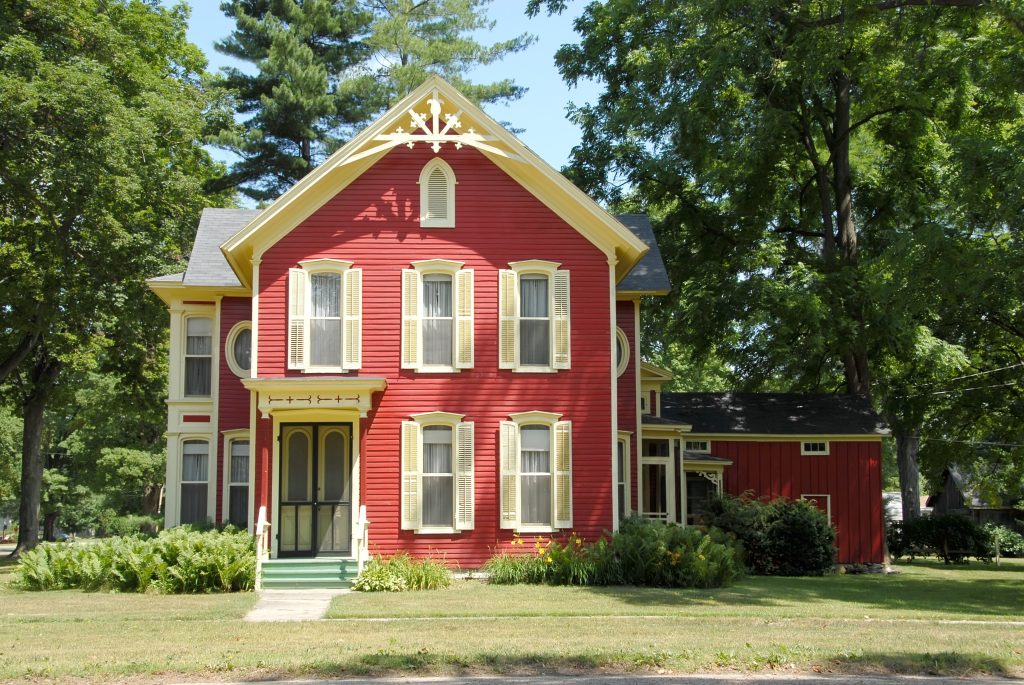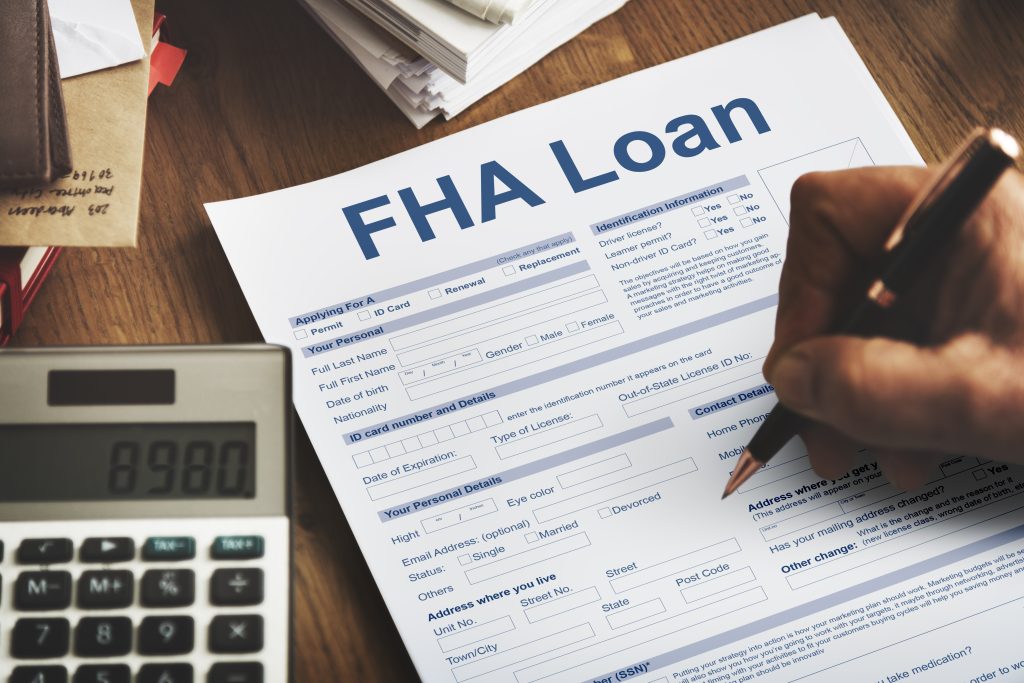What You Need To Disclose When Selling A Stigmatized Property
The Texas Real Estate Commission (TREC) requires that sellers and real estate professionals disclose to potential buyers all known defects and hazards on a property. But what about stigmatized properties? A property is considered “stigmatized” if there has been an emotionally upsetting occurrence on the property. A notorious location, such as where a famous person lived or where a popular movie was filmed, is also considered a type of stigmatized property. When it comes to stigmatized properties in Texas, the rules vary. Sellers in Texas are required to disclose deaths related to the condition of a property such as a carbon monoxide leak. Deaths due to a murder on the property must also be disclosed. However, deaths by suicide, disease or natural causes do not need to be reported. Criminal activity (such as selling drugs) and alleged paranormal activity do not need to be reported. Stigmatized homes can sit on the market longer and sell for less than other homes. As a seller, here’s a few things to consider when selling a stigmatized property:

Do Tell
Even though not every stigmatized property requires disclosure by law, it’s in your best interest as a seller to be upfront. The National Association of Realtors (NAR) recommends that their members voluntarily disclose any facts that could “affect a reasonable person’s decision to purchase.” If you are asked about the details of a stigmatized property, you should share what you know. A seller cannot knowingly mislead a buyer when asked about an event. Honesty is always the best policy and it could prevent a potential lawsuit down the road.

Educate Your Buyer
While an alleged haunted house might scare off some buyers, by being upfront and educating your clients you might attract that perfect buyer who doesn’t care that a home was once a notorious crime scene or is known for paranormal activity. Some people are actually intrigued by these types of things. Plus, in today’s tight housing market, buyers may be less phased by a property’s history and more interested in finding a good deal on a home.
Public Intrigue
Although it’s not required by law, potential buyers should also be made aware of so-called “public intrigue stigma.” These are properties in the neighborhood where they are considering buying that tend to attract a barrage of tourists or “lookie-lous.” These types of places could be where a sensational crime or tragedy occurred or where an iconic television series was filmed and can be a major nuisance to those living in the area.

Minimal Stigma
There’s a handful of situations that can qualify as minimal stigma when it comes to selling a home. While it’s a low percentage of people who are actually bothered by these things, minimal stigma can include a sex offender living nearby or previous home owners who are being chased by debt collectors. Some buyers may be worried that a death in a home was due to a contagious illness such as AIDS or Covid. Keep in mind, federal law prohibits the disclosure of cause of death due to disease.
You Might Also Like
Join Our Newsletter
Get the latest updates delivered right to your inbox










